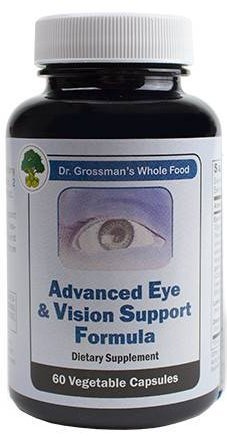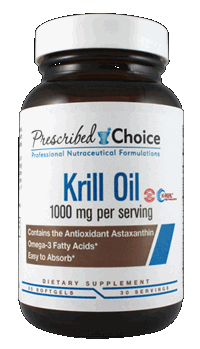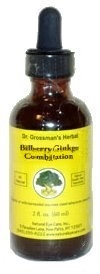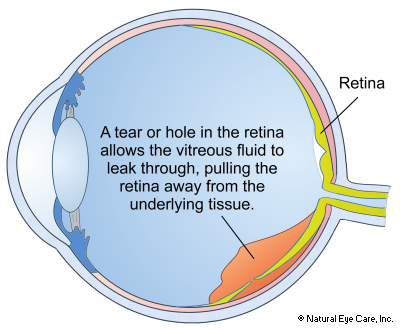Retina Support: Connective Tissue
About retinal detachment Photoreceptors Connective Hole / Wrinkle in the macula Sugar balance Vitamin A
The retina is attached to the vitreous by a layer of connective tissue or ligament tissue. Sometimes a tear or hole in the retina can cause the vitreous to leak and force a space between the vitreous and retina, pulling the retina away from the underlying tissue. At first, this may happen in one small area, but without immediate treatment the retina can peel away substantially creating serious vision loss and/or blindness.
Vitamins
& Supplements
Not sure which to get?For help call us at 845.475.4158
Complete Product List
On a tight budget?
We recommend
Advanced Eye & Vision Support Formula (whole food) 60 vcaps
Essential Advanced Eye & Vision Support Formula (whole food) 60 vcaps Advanced Eye & Vision Support Formula (whole food) 60 vcapsWhole food, wild crafted herbal vegetarian formula with vision antioxidants, chemical- and preservative-free. |
Essential Bioflavonoid C Complex 120 vcaps (BD3090) Bioflavonoid C Complex 120 vcaps (BD3090) With natural buffers to help the body utilize the vitamin C more efficiently, |
Essential Krill Oil, 1000mg 60 softgels Krill Oil, 1000mg 60 softgelsHigh quality omega-3 fatty acid formula with astaxanthin. |
Essential Joint Tendon Ligament II (D39038) Joint Tendon Ligament II (D39038)Support Healthy Ligaments & Tendons |
Very Important Dr. Grossman's Bilberry/Ginkgo Combination 2oz (60ml) Dr. Grossman's Bilberry/Ginkgo Combination 2oz (60ml)Bilberry/Ginkgo Wild crafted extract formula. |
Very Important Macula Support Homeopathic Pellets Macula Support Homeopathic PelletsSupports macular health |

What prevents this from occurring is healthy connective tissue with adequate circulation of oxygen and nutrients in all of the layers of tissue of the retina.
If you experience symptoms that may be retinal detachment, you should seek immediate attention from an ophthalmologist. In the meantime, lie down very quietly and stay in this position. This occasionally allows the retina to fall into place. Do not make any sudden moves - either with your head or eyes. Try to stay relaxed until you can see an ophthalmologist.
Conventional Treatment
While retinal tears usually do not cause vision loss and can be repaired effectively, full retinal detachments cause vision loss if not re-attached within 24 hours, and they usually involve in-hospital surgical repair in an operating room.
Retinal tears are typically treated with laser surgery (photocoagulation) or freezing (cryopexy), usually performed in the doctor’s office. For a partial retinal detachment, a procedure may be recommended called pneumatic retinopexy where the eye doctor injects a bubble of air or gas into the center part of the eye (the vitreous cavity). Your head is positioned so that the bubble floats to the detached area and presses against the detachment. The eye doctor then seals the tear in the retina using a freezing probe or laser beam. The fluid that collected in the retina, prior to this procedure, gets reabsorbed by the body.
In another common procedure called scleral buckling, doctors “indent” the sclera that is causing a ridge or buckle in the back of the eyes, reducing the pressure from the fluid underneath. This relieves some of the force caused by the vitreous tugging on the retina.
In a vitrectomy, the surgeon drains the vitreous fluid that maintains the shape of the back of the eye and replaces it with gas or silicone gel to help flatten the retina and allow healing.
Complementary Approach
Targeted supplementation, along with a healthy diet and regular exercise, can help maintain a healthy retina and vitreous. For people who are prone to retinal tears or otherwise are more at risk of retinal detachments, proper nutrition can help keep the retina strong and healthy. Regular checkups are highly recommended to monitor your progress.
- Certain nutrients such as lutein, zeaxanthin, vinpocetine, l-lysine, a number of vitamins & enzymes, and fish oil may help.
- Some research indicates that daily use of Microcurrent Stimulation (MCS) may help preserve vision as well.
- General eye health recommendations for healthy vision.
Related Conditions
- Floaters
- Peripheral vitreoretinal disease
- Retinal breaks and tears
- Vitreous detachment
- Central serous choroidopathy
About retinal detachment Photoreceptors Connective Hole / Wrinkle in the macula Sugar balance Vitamin A
 info@naturaleyecare.com
info@naturaleyecare.com



 Home
Home



 Vision
Vision Vision
Vision



 Health
Health Health
Health Research/Services
Research/Services Pets
Pets About/Contact
About/Contact


